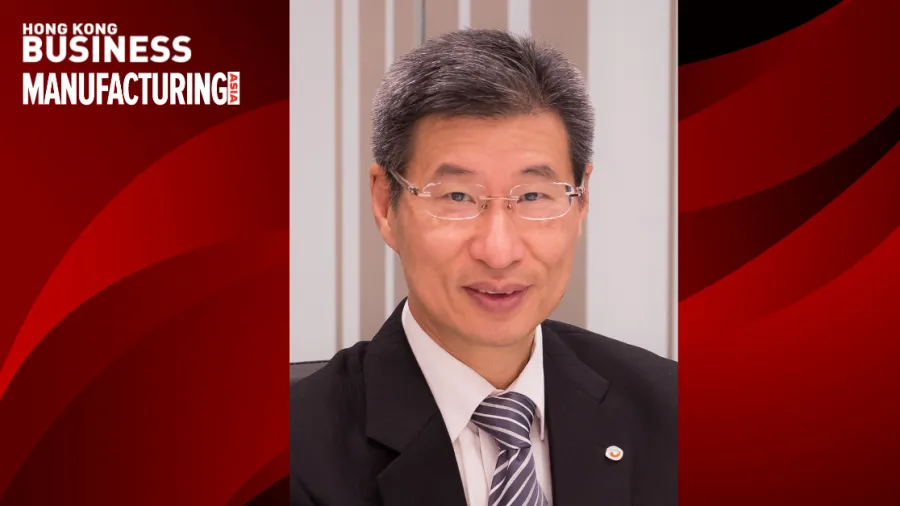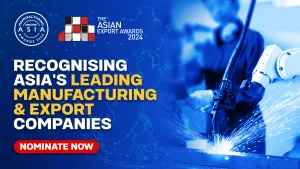
Robotics, remote process controls to empower manufacturing sector
Technology is seen to significantly reduce product and transportation costs, says ShineWing executive.
As a judge for the Made and Designed in Hong Kong awards, David Chu brings over 40 years of professional accounting and advisory experience gained across the Asia Pacific, including Hong Kong, Mainland China, and Australia.
Currently, Chu is a Senior Advisor at ShineWing Hong Kong where he focuses on aspects of international businesses such as business strategy and structuring, sourcing of strategic partners, tax compliance, and transaction advisory services including mergers and acquisitions. He has provided services to diverse industry sectors, including food and agribusiness, energy and resources, and property. Chu looks after Australian subsidiaries of large Asian corporations, mid-market businesses in Hong Kong and Australia, and high net worth individuals in Asia.
He is a member of the Greater Bay Area Committee of the Australian Chamber of Commerce in Hong Kong and of the Greater Bay Area Committee of CPA Australia-Greater China.
He has served as the National President of the Hong Kong Australia Business Association in Australia and also a board member of the Australia China Business Council-Victorian Chapter. Chu has been appointed as an adjudicator of the Hong Kong Business Award sponsored by the Hong Kong Australia Business Association.
Chu shared with Hong Kong Business his insights about how technology is transforming the manufacturing industry, the challenges up ahead, and the steps companies shall continue to do to recover from the pandemic.
Can you explain your role as the Senior Advisor at ShineWing Hong Kong?
My role includes identifying business opportunities for clients of ShineWing Hong Kong in relation to cross-border collaborations (with a focus on Greater Bay Area) in the Biotech and Healthcare, Food and agribusiness, Logistics, as well as Equipment manufacturing sectors.
Technology is transforming industries such as finance and retail. How is this disrupting the manufacturing sector?
Technology transformation in the manufacturing sector is moving fast. In addition to the use of robotic technologies, the utilization of remote access in the process has enabled manufacturing and quality control being implemented to cover various locations in a continuous manner.
What are the challenges that the manufacturing sector experienced during the pandemic? How were these addressed? How do you see these challenges as having a lasting impact in the industry?
Challenges experienced during the pandemic include sourcing and availability of materials and, to an extent, labour, as well as logistics. These would impact the product costs and freight costs. We have come across a number of companies that have been successful in mitigating the risks by diversifying the source of materials and moving some of the processes closer to the customers. At the same time, the pandemic has compelled the research and development (R&D) process to be diversified to involve talents in other parts of the world. We see these trends to be continued post-pandemic.
As the business operations return to normal, where should manufacturers focus to become more profitable and sustainable in the future? What trends and strategies should they take note of?
Post-pandemic, it is considered that manufacturers would continue the trend of diversification of the manufacturing base by utilizing more local supplies and labour. Technology will play a more significant part in the reduction of production costs and transportation costs. Environmental, social, and governance issues would have to be addressed at the same time.
What key criteria did you consider in selecting the winners of the Made and Designed in Hong Kong Awards?
The key criteria in considering the winners in the categories include the extent of Hong Kong input in the R&D process, the manufacturing process, the marketing channels, as well as the reach to the international market. It is satisfying to note that the winners this year have demonstrated an increased level of input from the Hong Kong-based teams. We hope this trend could continue into the future.



















